N-Acetyl Epithalon Amidate 20mg
SKU
$93.00
Epithalon (Epitalon) is a synthetic derivative of Epithalamin and a potential modulator of telomerase, the enzyme that maintains and protects the telomere caps at the ends of chromosomes (strands of DNA). Research suggests that Epithalon induces telomere elongation and may fight off the effects of aging as a result.
N-Acetyl Epithalon Amidate is an artificial peptide that can fight the effects associated with aging. The peptide N-acetyl epitalon derives from the pineal gland and shows good results in increasing longevity.
PRODUCT USAGE WARNING : This PRODUCT IS INTENDED AS A RESEARCH CHEMICAL ONLY. This designation allows the use of research chemicals strictly for in vitro testing and laboratory experimentation only. All product information available on this website is for educational purposes only. Bodily introduction of any kind into humans or animals is strictly forbidden by law. This product should only be handled by licensed, qualified professionals. This product is not a drug, food, or cosmetic and may not be misbranded, misused or mislabled as a drug, food or cosmetic.
Description
BUY N-ACETYL EPITHALON AMIDATE PEPTIDE FOR SALE ONLINE
N-Acetyl Epithalon Amidate
N-Acetyl Epithalon Amidate is a modified version of the synthetic peptide Epithalon (a.k.a. Epitalon). Epithalon itself is a component of naturally occurring cow pineal gland extract that is now produced synthetically. It is well known in research settings for its anti-aging properties and significant effects on cancer, infectious disease, DNA (primarily telomere) regulation, and skin health.
Even though Epithalon was discovered roughly forty years ago at the St. Petersburg Institute of Bioregulation and Gerontology, the peptide is still under active research and providing new insights. Most recently, scientists proposed potential epigenetic mechanisms to explain the influence that Epithalon has on neuronal differentiation of stem cells.
N-Acetyl Epithalon Amidate For Sale online only at USA Peptide Store where you can buy USA Research Peptides online. Shop over 100 research peptides online now for fast shipping and the best deal! Buy in bulk and Save! USA Peptide Store Your #1 Trusted USA Research Peptides Supplier.
If this product does not meet your needs or interests, you may want to look at Ovagen Peptide 20mg (Bioregulator). Please visit this link for further information on our Bioregulator Peptides
N-Acetyl Epitalon Amidate Structure
Amino Acid Sequence: Ac-AGAGAAGA-NH2
Chemical Formula: C14H22N4O9
Molecular Mass: 390.349 g/mol
PubChem CID: 219042
Molecular Mass: 697.675850 g/mol
CAS Number: 307297-39-8
Synonym: Epitalon, Epithalone, Epithalamin, Epithalamine
Source: PubChem
Here in the sequence, “Ac-” represents the Acetyl group attached to the N-terminus of the peptide, and “-NH2” represents the Amidated group at the C-terminus. The amino acid sequence “AGAGAAGA” corresponds to the core Epitalon peptide. Acetyl-Epitalon-Amidate is a modified version of Epitalon, a synthetic peptide with potential anti-aging and telomerase activation properties. The addition of the Acetyl and Amidated groups may enhance its stability, bioavailability, and efficacy.
N-Acetyl Epithalon Amidate: Modifications
The modifications to N-Acetyl Epithalon Amidate do not alter the peptide’s overall function, but they do alter the half-life, stability, and efficacy of Epithalon. Only two modifications are made to the native peptide: N-acetylation and amidation. Each has specific benefits that make N-Acetyl Epithalon Amidate more potent and allow for lower dosing of the peptide.
Acetylation is a common, natural process that occurs to many proteins in the body. It is also a process used by the pharmaceutical industry to help a compound to reach the central nervous system. Acetylated molecules are much more capable of crossing the blood-brain barrier (BBB). Acetylation has been shown to increase the rate at which a compound crosses the BBB, thereby increasing the intensity of the compound’s effects and helping reduce the dosage of a compound required to achieve a specific outcome. Aspirin, for instance is the acetylated form of salicylic acid. Research shows that acetylation of salicylic acid increases the anti-inflammatory effects of the molecule.
Amidation is another natural protein modification that has been coopted by the pharmaceutical industry to improve the half-life of compounds. Amidated proteins are less sensitive to proteolytic degradation in the blood stream. They also tend to bind more strongly to their receptors, making amidation an excellent means of increasing potency and efficacy of a compound.
By altering Epithalon via acetylation and amidation, it is possible to increase the penetration of the peptide into the central nervous and protect it from degradation during the process. The result is increased potency of a given dose of N-Acetyl Epithalon Amidate as well as increased efficacy of the compound due to improved receptor binding.
N-Acetyl Epithalon Amidate and the Brain
Research in cell culture shows that Epithalon influences gene expression in neurogenetic differentiation as well as protein synthesis. Molecular modeling suggests that occurs through epigenetic modulation of a handful of genes coding for the proteins Nestin, GAP43, β Tubulin III, and Doublecortin. Epithalon increases expression of these peptides by as much as 1.8 times via binding with specific histone proteins and allowing the genes to be accessed more easily. The result of easier access to the DNA in those regions is increased expression of the genes and thus increased protein production.
The proteins being affected by Epithalon are important in the growth and development of neurons as follows.
• Nestin – This intermediate filament protein is expressed in nerve cells and plays an important role in the radial growth of axons. It also helps stem cells to differentiate into nerve cells, thus stimulating the growth of tissue in the central nervous system (CNS).
• GAP43 – GAP43 is often called the “plasticity” protein because plays important roles in neuronal growth cones during development and axonal regeneration. It plays critical roles in learning. Deletion of even one allele of the GAP43 gene leads to intellectual disability.
• β Tubulin III – This microtubule element is found in neurons and testis cells where it is involved in microtubule formation and oxidative stress responses. Research suggests that it is important in cellular adaptation to molecular stress and that deficiencies in this protein may play a key role in tumor aggressiveness.
• Doublecortin – Doublecortin is a microtubule-associated protein found in immature neurons. It is critical to the development of complex brain structures. Deficiencies in Doublecortin have been linked to double cortex syndrome in which a lack of migration of immature neurons leads to a smooth brain in males and misplaced neurons in females. The result of deficiency is profound intellectual disability.
By improving access to the DNA regions containing the genes that control the above proteins, Epithalon has been linked to improved learning, enhanced recovery from CNS injury, and potentially to reductions in the long-term effects of aging on the brain. This latter feature is just one of the many ways in which Epithalon has been found to positively affect the aging process. In particular, Epithalon has been shown to affect neuronal stem cell differentiation by promoting the growth and development of neurons from stem cell progenitors. With a longer half-life and improved penetration in the CNS, the potency, and effects of N-Acetyl Epithalon Amidate will be enhanced compared to standard Epithalon.
N-Acetyl Epithalon Amidate and Skin Health
The ability of Epithalon to regulate gene expression patterns is hardly limited to the CNS. Research in skin stem cell cultures shows that Epithalon, even at very low concentrations increases proliferation of stems cells in rats regardless of age. In particular, fibroblast proliferation rates increase by as much as 45%.
It isn’t just the growth of fibroblasts that is affected, however. Research shows that Epithalon (and other short polyfunctional peptides) decrease rates of apoptosis and increase functional activity of fibroblasts. This leads to “normalization” of the intracellular matrix. In other words, Epithalon restores homeostasis (biological balance) to the skin and helps to shift the balance in aging skin toward more youthful production of things like collage, elastin, and other proteins. The net result is improved skin health. In fact, Epithalon has opened up a new field in research, referred to as gerontocosmetology, focused on skin health in age.
It is important to note that while cosmetology has a definite component focused on appearance, the field is much deeper than that. The visual effects of cosmetology overlay the deeper components of skin health. Aging skin appears wrinkled, for instance, because of a loss of extracellular matrix proteins like collagen and elastin. Replacement of these proteins, among others, reduces the appearance of wrinkles but also improves the strength and integrity of skin. Skin is the first line of defense against infection and is often referred to as the large organ of the immune system. Healthy skin means less infection, faster wound healing, better insulation against cold, improved response to heat, and much more. Thus, the field of gerontocosmetology is focused not just on the surface, but on the holistic health of the skin and thus the human body.
N-Acetyl Epithalon Amidate and Immune Health
Another area in which Epithalon plays an active role in gene regulation is the immune system. Cell culture research shows that Epithalon alters the expression of immune signaling molecules like CD5, IL-2, Arylalkylamine-N-acetyltransferase, interferon gamma, and Tram1. Each of these proteins affects the immune system as follows.
• CD5 – CD5 influences the differentiation of cells of the immune system, helping stem cells to transition into functional cells that fight of infection and combat inflammation.
• IL-2 – IL-2 is a potent regulator of white blood cell production.
• Arylalkylamine-N-acetyltransferase – This enzyme is critical to the production of melatonin, which is not just important in sleep but also plays a critical role in the regulation of the immune system.
• Interferon gamma – Research in rats shows that interferon gamma is important in fighting off infection via activation of macrophages, natural killer cells, and T cells. It like plays a critical role in the body’s response to viral infection in particular.
Deterioration of the immune response is one of the primary markers and drivers of aging. Dysregulated immune function leads to chronic inflammation and plays a role in the development of cardiovascular disease and dementia. The ability of Epithalon to regulate the immune system is one of the ways in which it thwarts the effects of aging. Once again, the ability of N-Acetyl Epithalon Amidate to penetrate into the CNS helps to ensure that its immune enhancing effects are experienced in the brain, where regulation of inflammation can help to temper the processes that lead to dementia.
N-Acetyl Epithalon Amidate and Cancer
Research in rat models of various tumors has shown that daily administration of Epithalon reduces tumor growth. The peptide is currently under investigation as a potential adjuvant to the treatment of Her-2/neu positive (hormone positive) breast cancers as well as leukemia and testicular cancer. Interestingly, one of primary actions of Epithalon in cancer appears to be through the regulation of PER1 gene. PER1, which is found in the hypothalamus, regulates circadian rhythm and has been found to be under-expressed in cancer patients.
N-Acetyl Epithalon Amidate and Sleep
As noted above, Epithalon regulates the production of the protein PER1, which plays an important role in circadian rhythm. This should come as no surprise given that Epithalon was first isolated from the pineal gland of cows and the primary role of the pineal gland is to regulate the sleep-wake cycle and the response of many animals to light. Research in rats shows that Epithalon also regulates the production and release of melatonin, which is a potent regulator of sleep.
Via action at the genes for arylalkylamine-N-acetyltransferase and pCREM, Epithalon increases melatonin production and can restore normal sleep-wake cycles. Melatonin and sleep patterns often become dysregulated because of age, a phenomenon that is more than likely a result of changes in DNA expression patterns. By restoring DNA expression to a more youthful state, Epithalon helps to offset age-related changes in sleep. This, in turn, as a tremendous impact on everything from cognitive function to wound healing, the immune response, growth hormone secretion, weight gain, bone structure, and cardiovascular health.
N-Acetyl Epithalon Amidate and Aging
Each of the above sections has dealt with a specific feature of Epithalon function, but each has also made note of the fact that Epithalon helps to restore DNA expression patterns in aging animals to those seen in younger animals. Indeed, restoration of youthful DNA expression patterns is the overarching theme associated with Epithalon. Production of this peptide by the pineal gland appears to decline with age, resulting in many of the age-related changes that impact health and longevity. Supplementation with Epithalon in insects and rodents has shown that Epithalon can decrease mortality by more than half and prolong life by as much as 27%.
The above changes in DNA expression patterns, possibly through epigenetic changes that result of histone protein binding, is at least part of the reason that Epithalon has such profound effects on aging. It is not the whole story though. Research shows that Epithalon also impacts antioxidant activity and telomere health.
In rat models. Injection of Epithalon has been shown to decrease LPO production and reduce oxidative modification of proteins. LPO production (lipid peroxidation products) result from lipid peroxidation, which is a normal biological process known to production free radicals. LPO is necessary for several normal biological functions, such as the destruction of invading pathogens and the recycling of damaged proteins. The production of potentially dangerous free radicals is offset by the equal production of antioxidants. With aging, however, antioxidant production wanes thus cellular and protein damage from free radical production increases. Epithalon offsets the decline in antioxidant production and thus helps to maintain the homeostatic balance that prevents damage from free radicals.
Research in human somatic cells shows that Epithalon activates an enzyme called telomerase. Telomerase is important for maintain the end caps of DNA called telomeres. Telomeres are regions of the DNA that don not contain genes, but instead protect DNA during the process of replication. Replication slowly erodes DNA so having telomeres helps to prevent functional DNA from being damaged. Unfortunately, telomeres themselves degrade over time and when they get too short, cells stop functioning and eventually die. Telomerase helps to repair telomeres and thus helps to extend the lifespan of cells. By increasing activity of telomerase, Epithalon is directly impacting the health of DNA and thus how long cells live.
Aging, in general, can be divided into several categories, but they are all interlinked. In general, DNA damage leads to protein malfunction. This, combined with direct protein damage, leads to cellular dysfunction. As cellular dysfunction accumulates, cells are either killed or become non-functional in a process known as senescence. Over time, both processes lead to tissue and organ dysfunction that eventually produces signs of aging like changes in sleep patterns, weight gain, wrinkling, greying of the hair, and increased incidence of chronic disease. The accumulation of this “macro-damage” is what eventually leads to death as the body becomes unable to sustain normal biological function. Epithalon helps to offset much of this dysfunction by regulating DNA and protein damage at a fundamental level.
N-Acetyl Epithalon Amidate: Summary
While Epithalon is not the single answer to halting the aging process, it does provide insight into how to counteract some of the foundational processes that lead to DNA and protein damage can help to thwart the overall aging process. According to Dr. Vladimir Khavison, the godfather of Epithalon development, as research into Epithalon continues, science gains a deeper, more nuanced understanding of what causes mammals, in general, and humans to age and eventually die. Epithalon is an important key to understanding how biochemical processes can be altered to slow or even halt some of the fundamental causes of aging. The development of N-Acetyl Epithalon Amidate is an important part of Epithalon research as its ability to penetrate the CNS will make it easier for researchers to explore the effects of Epithalon on aging in the brain. This will likely provide insight into how biochemical processes such as sleep and neuron growth affect learning, memory, cognitive resilience, and much more.
Buy Wholesale N-Acetyl Epitalon Amidate From USA Peptide Store
At USA Peptide Store, our research peptides are of the highest purity and pharmaceutical grade. Our N-Acetyl Epithalon Amidate peptide comes in 20mg. We’re passionate about our products, and we always strive to provide our customers with the best in both selection and quality. All of the products we provide are tested to verify authenticity and purity, so you can conduct your research with confidence.
Searching for N-Acetyl Epithalon Amidate peptide for sale? Look no further! Our online peptide store offers a wide range of N-Acetyl Epithalon Amidate peptide, perfect for your research needs. Whether you’re in the United States, Australia, Canada, Germany, Sweden, France, Turkey, Thailand, Italy, Netherlands or the United Kingdom, we have you covered. We provide fast and secure shipping to multiple countries, ensuring that you receive your order conveniently and on time. Purchase N-Acetyl Epithalon Amidate peptide that are now available for sale and in stock. With our competitive prices and extensive inventory, you can trust us to be your reliable source for N-Acetyl Epithalon Amidate 20mg.
Want to learn more about our products or have a question about payment options? Our customer service team is here to help. So, what are you waiting for? order N-Acetyl Epithalon Amidate For Sale and experience first-hand quality service, prompt response and quick shipping. Stock up on the highest quality N-Acetyl Epithalon Amidate Peptide For Sale and more at USA Peptide Store today.
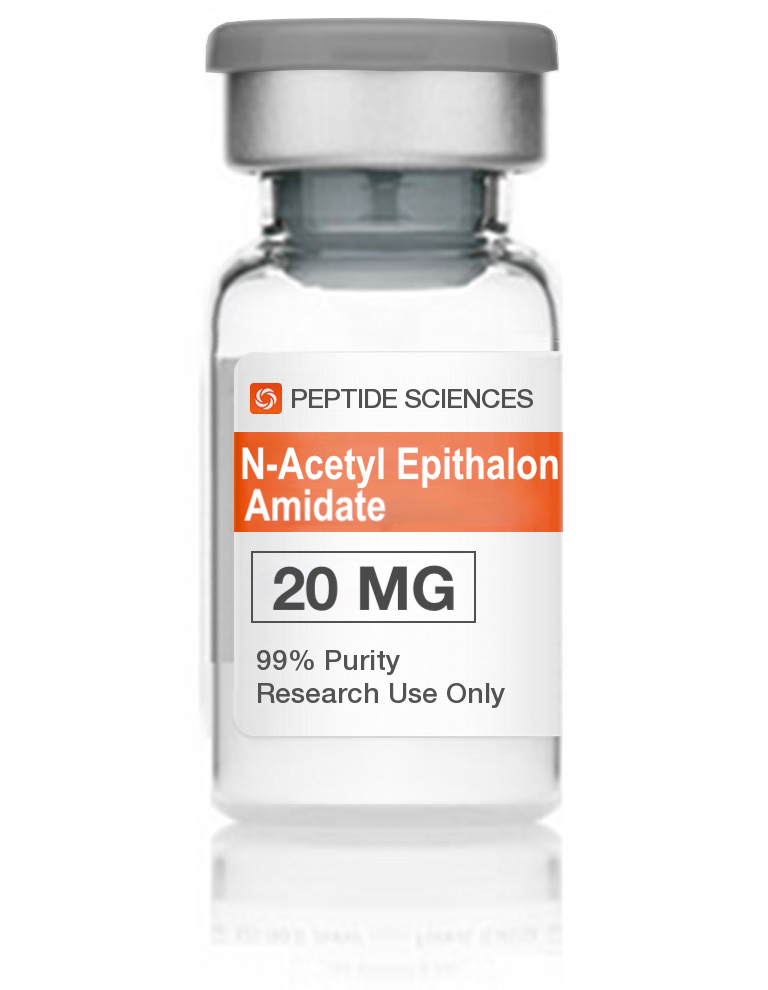
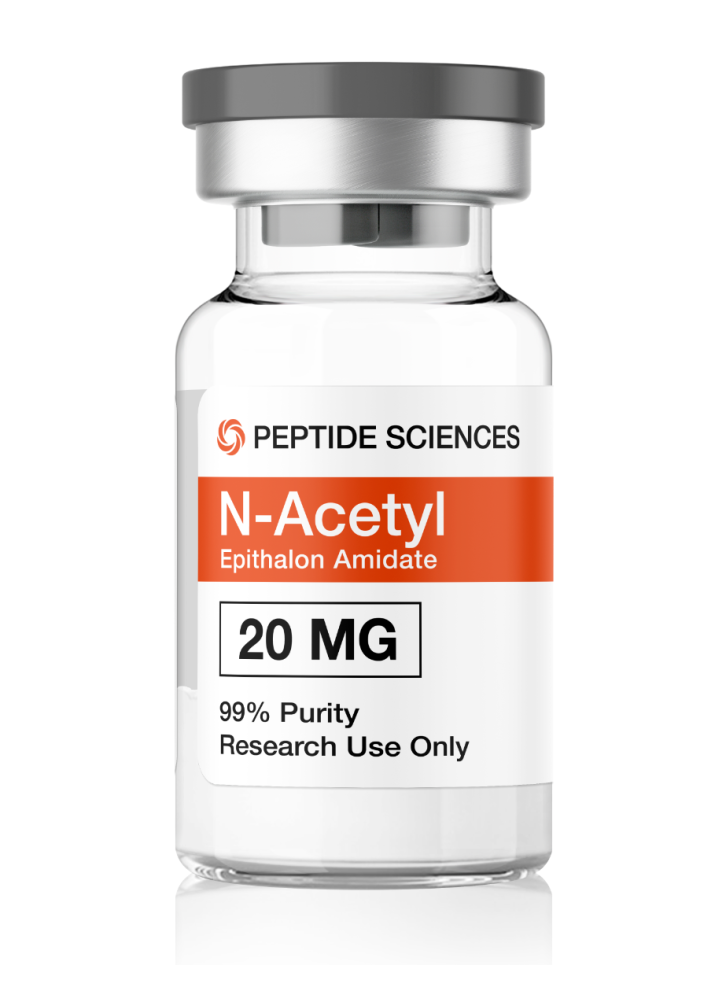
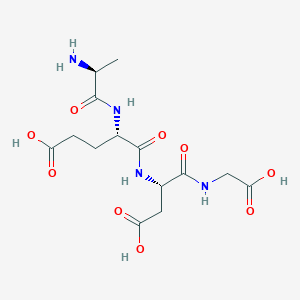
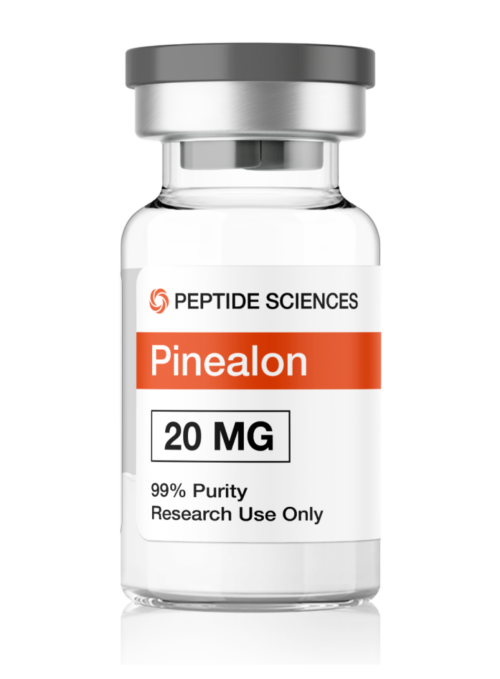
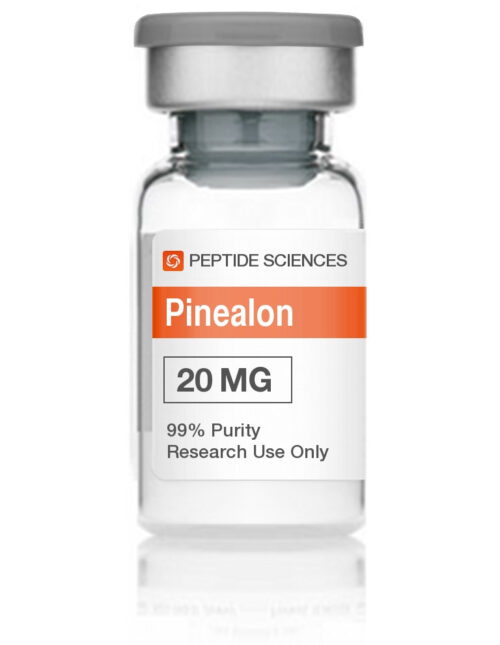
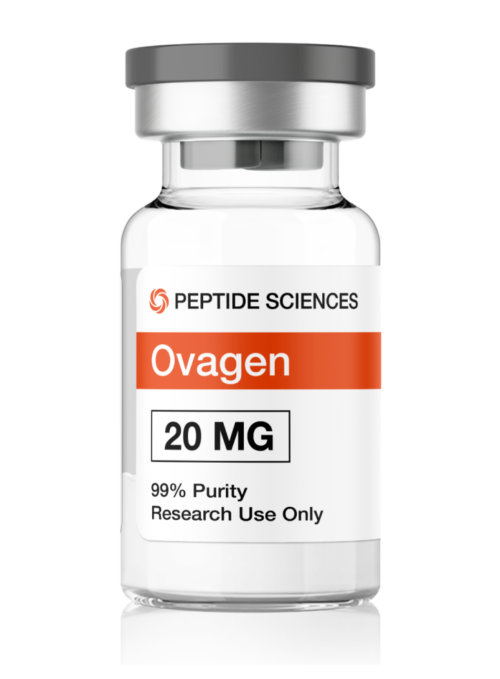
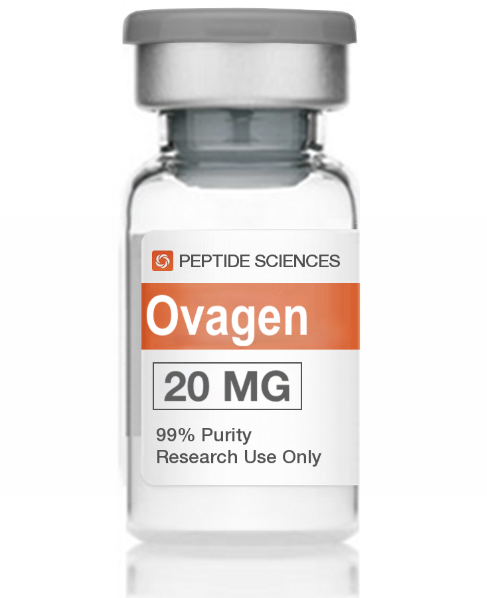
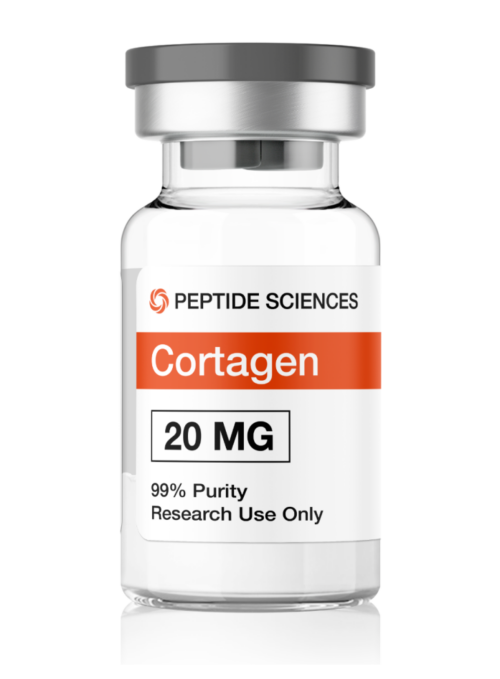
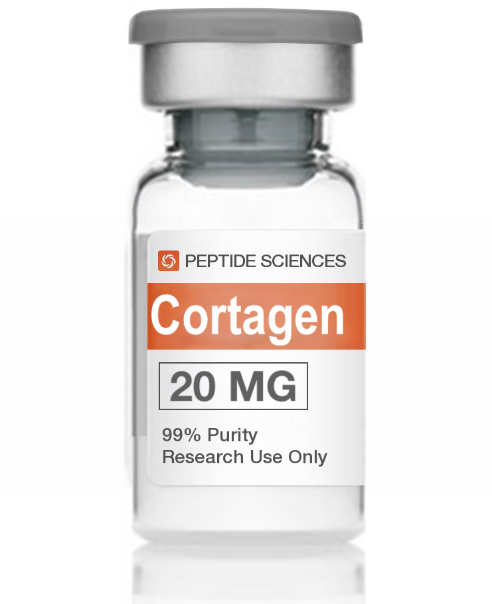
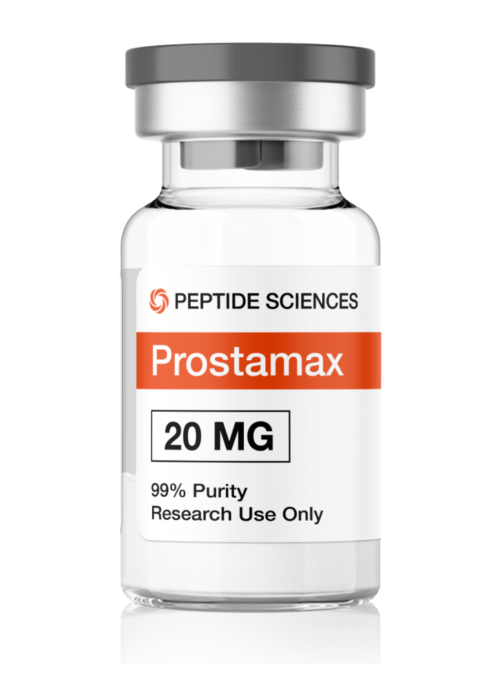
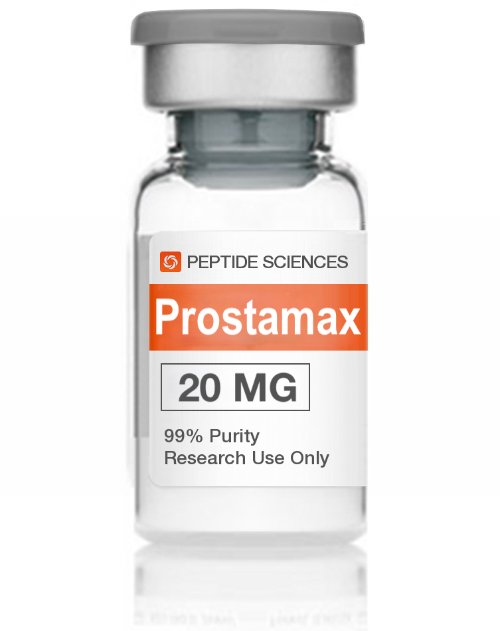
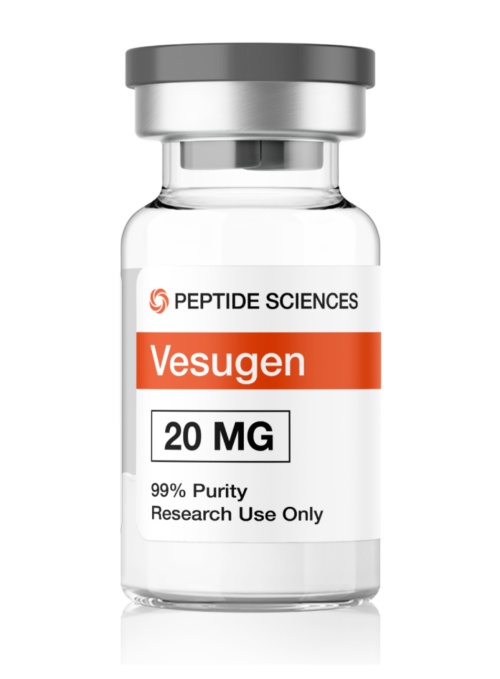
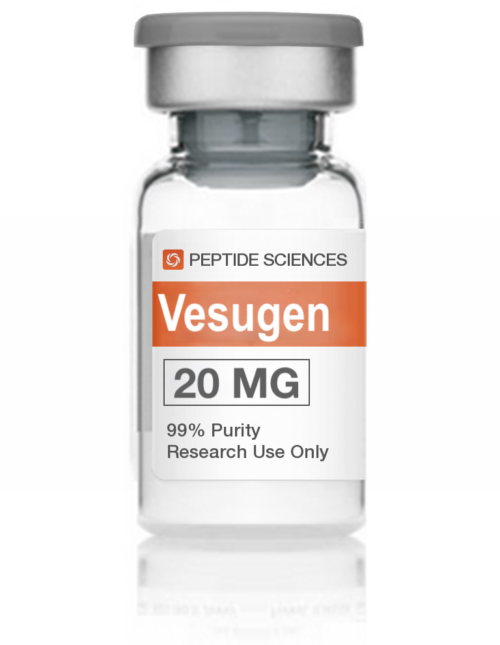
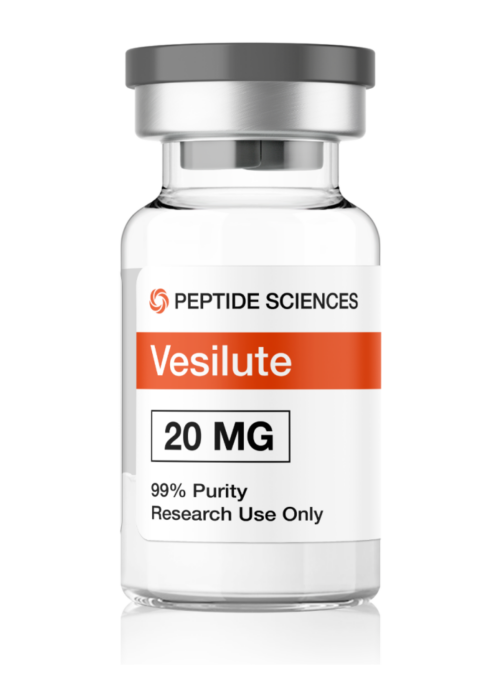
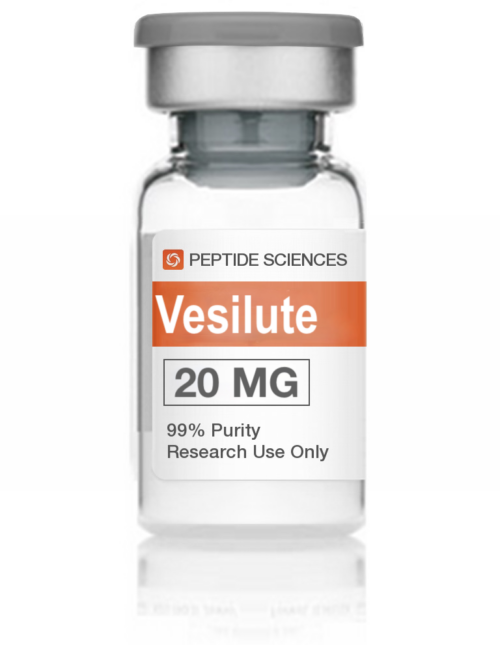
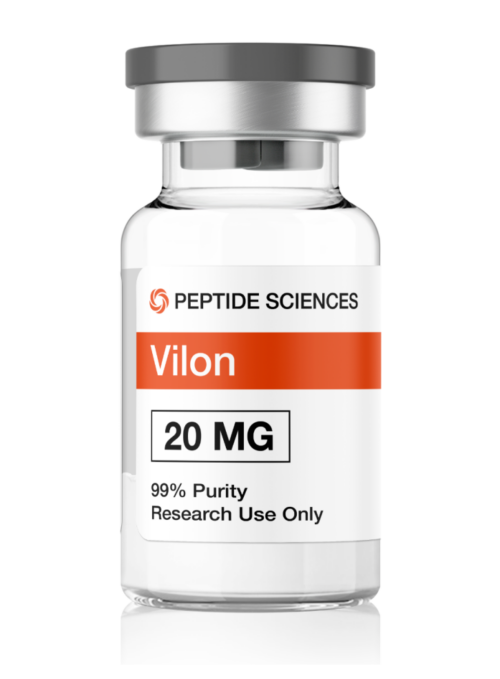
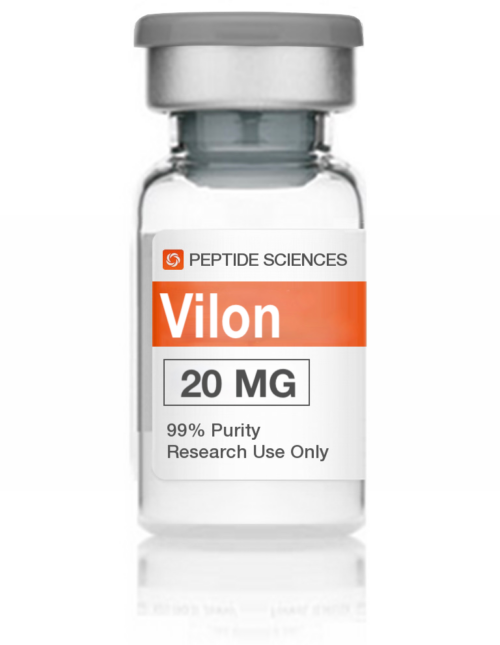
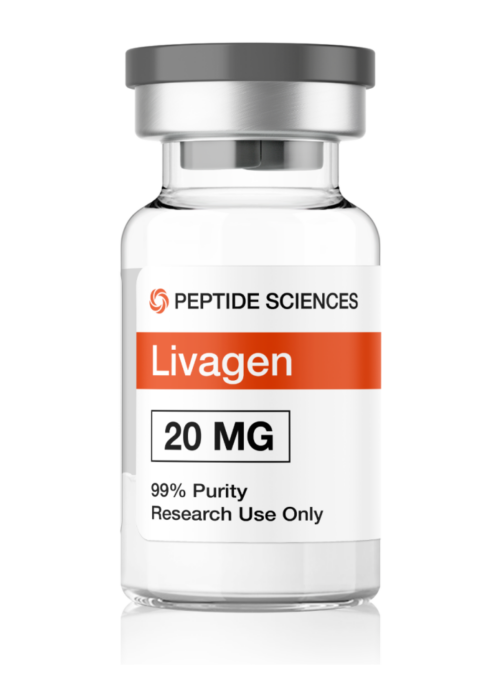
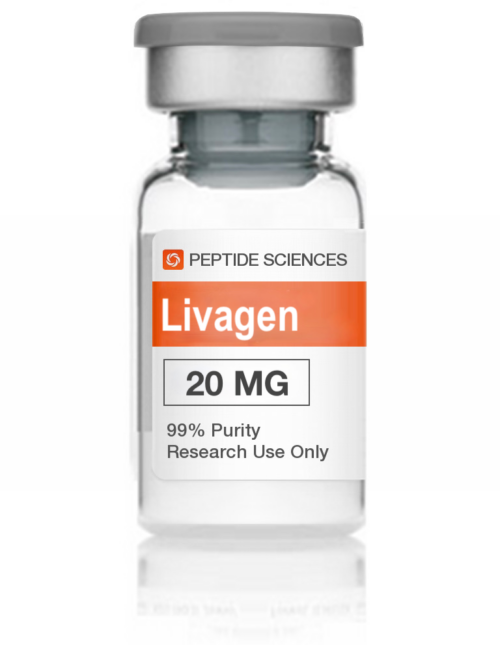

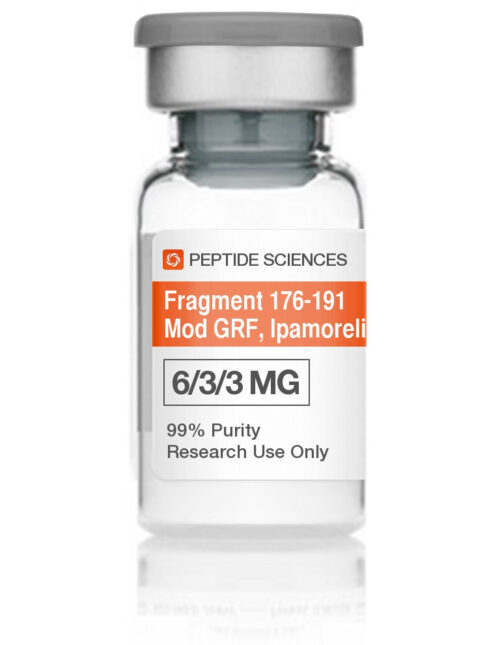
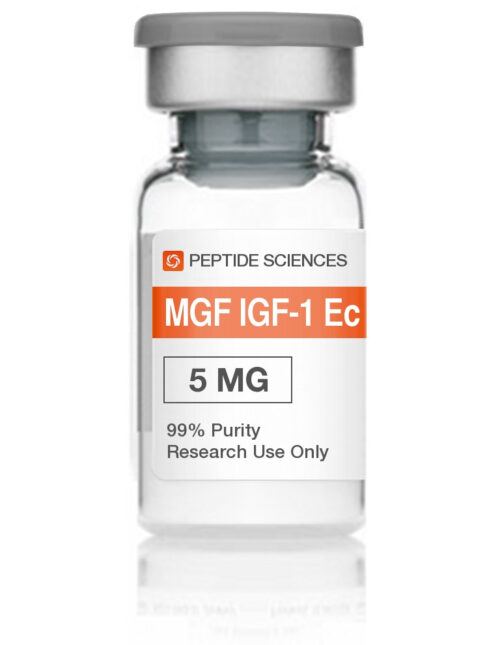
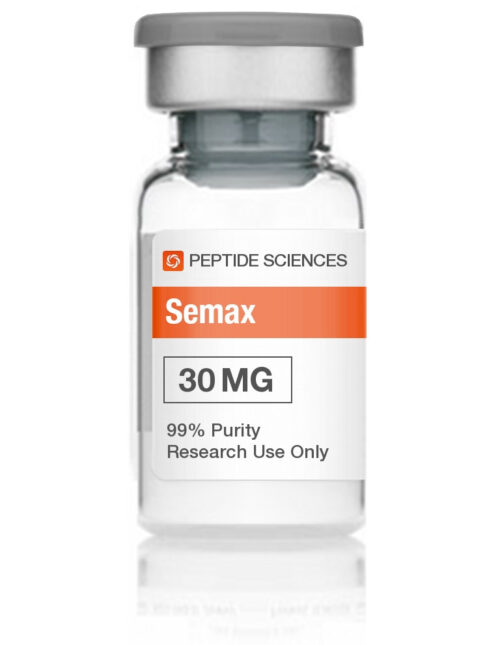
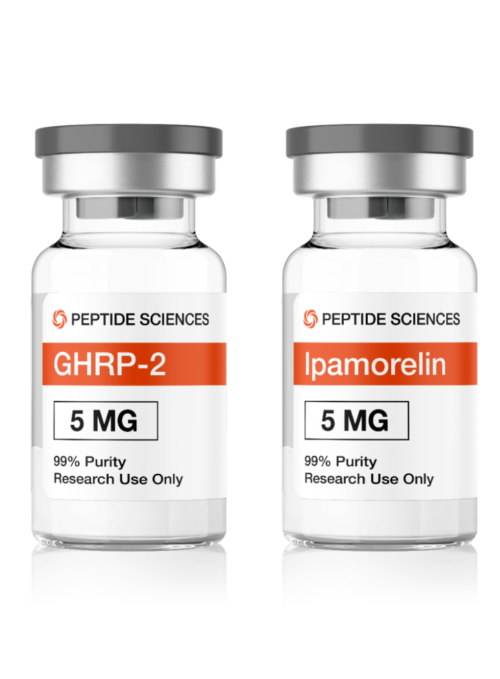

Reviews
There are no reviews yet.